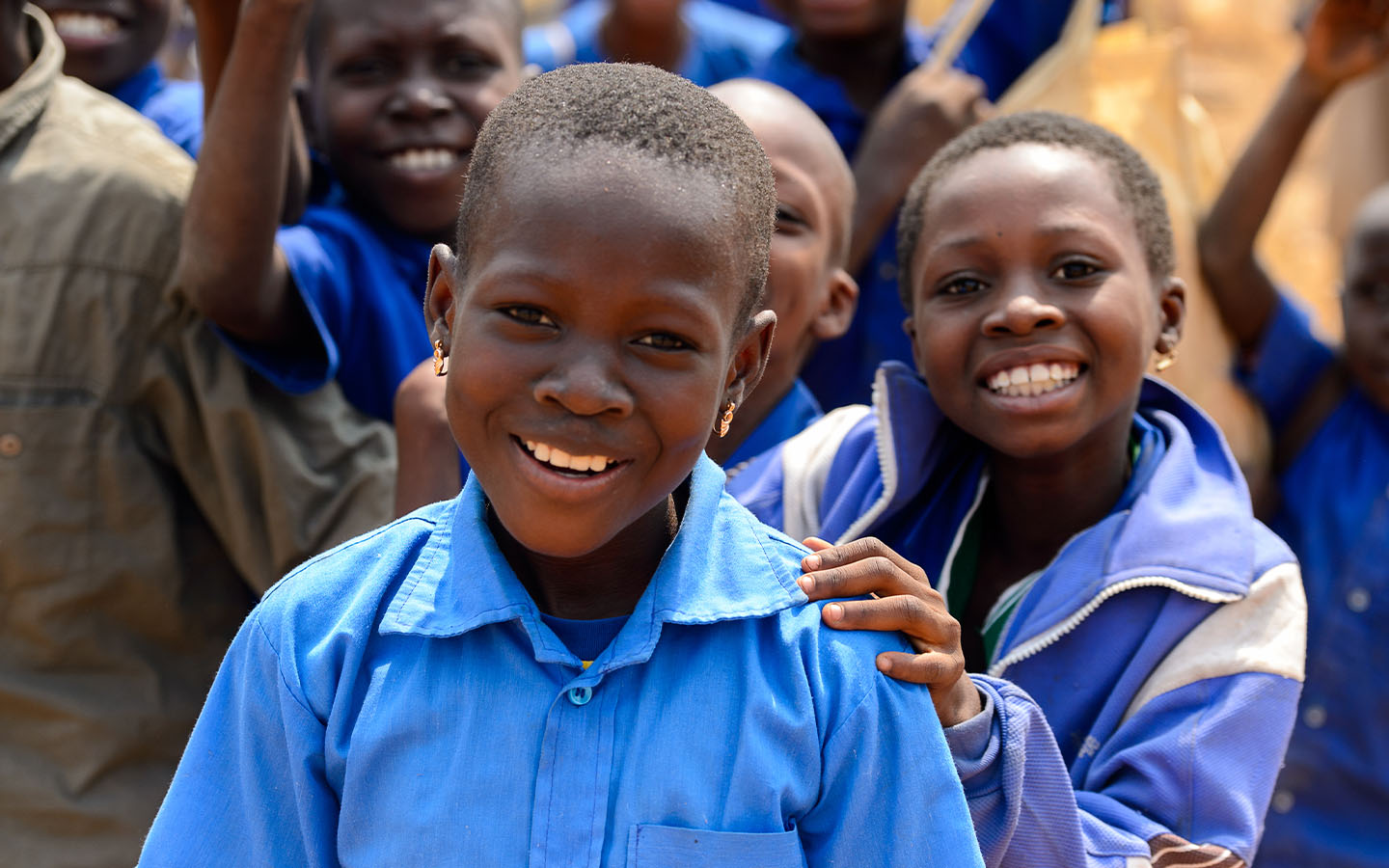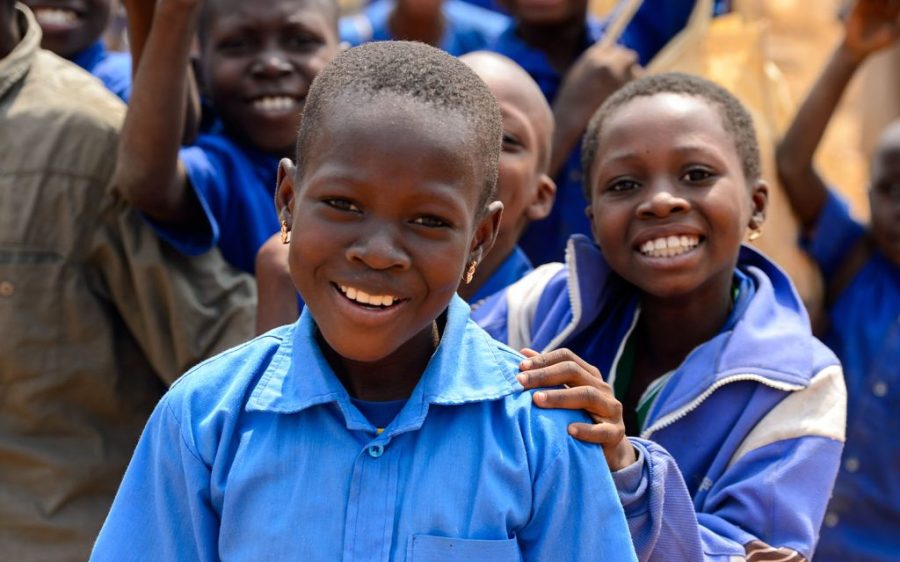Angola kicked off its new school year Monday with approximately 1.9 million children entering for the first time reports the Portuguese news agency Lusa. The influx of new pupils pushed total enrolment to around 9.7 million.
Maria do Rosário Bragança, the minister for social affairs, emphasised that over 3,200 classrooms have been added since last year to accommodate the growth, bringing the total to nearly 130,000.
“Despite the difficulties, the education system has been making progress, especially in primary and secondary education, where the construction of new schools has allowed the school network to be extended,” she remarked at the official opening ceremony for the new school year.
The journey to bring more children into the education system “has been a long one,” she reflected. While it hasn’t always worked as intended, “the progress is undeniable.”
The work of teachers, the minister emphasised, is the true foundation of Angola’s future. Expanding access matters little if the quality of education is poor, “which is why the government continues to invest in the initial and ongoing training of teachers,” equipping them with the tools necessary to develop the next generation.
[See more: Immigrant student population surges over 160 percent in Portugal]
Between 2019 and 2024, more than 60,000 teachers underwent training and over 200 completed master’s degrees in specific methodologies that improve teaching proficiency.
The minister announced the implementation of a national school feeding programme, a phased rollout starting with the most vulnerable regions, to encourage attendance and support learning. In the long term, it will benefit over 5 million children, ranging from pre-school to primary school pupils.
A pilot programme to address learning poverty is also being implemented to ensure that all children master basic reading, writing and math skills. This year it will include 422 trained teachers working across 73 schools.
Another project aims to catch up with the backlog in mainstream education, catering to children up to 14 years old, with a focus on reducing the age gaps between pupils in classes. Around 580,000 students across over 13,900 classrooms have been assisted this way.
The Digital School Project also launched this year, connecting up to 250 classrooms and 1,400 students simultaneously with integration of AI and digital libraries, paving the way for more modern and inclusive learning.






